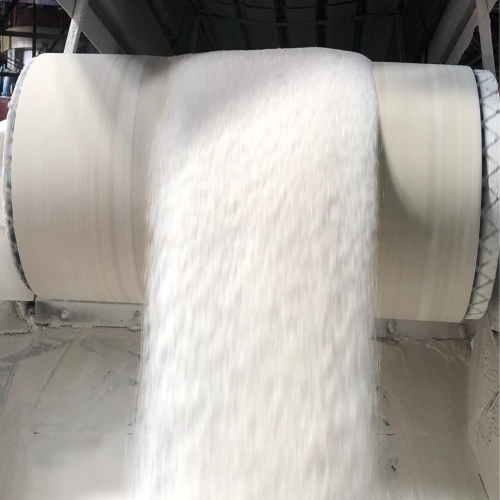New Delhi : India and Brazil, two of the world’s largest sugar producers, are close to settling a long-standing dispute over sugar subsidies, with Brazil offering to share ethanol technology with India, reported Financial Express.
The offer came after several rounds of talks between the two sides. It could be a important, as India seeks to rapidly increase its use of biofuels for blending with petroleum fuels.
India aims to blend petrol with 20% ethanol by 2025, up from 10% currently. It is also experimenting with blending diesel with ethanol.
Recently, India has assumed a pivotal role as the proposer and leader of the Global Biofuels Alliance, initiated during the G-20 Summit, and endorsed by Prime Minister Narendra Modi, alongside leaders from the US, Brazil, Argentina, Italy, Singapore, UAE, Mauritius, and Bangladesh.
The India-Brazil sugar dispute carries global significance, involving two of the world’s largest sugar producers. The resolution of this dispute could reverberate across the international sugar market.
This dispute traces its roots back to 2005 when India challenged Brazil’s sugar subsidies at the World Trade Organization (WTO), contending that they distorted the global sugar market and impacted Indian sugar producers. The WTO ultimately ruled in favor of India, obliging Brazil to scale down its sugar subsidies.
However, in 2019, Brazil contested India’s support measures for sugarcane producers and export subsidies for sugar, asserting that these measures contradicted the WTO’s Agreement on Agriculture (AoA).
According to the Indian Express, on Brazil’s complaint the WTO’s Dispute Settlement Panel in its report circulated to members in December 2021 said that between 2014-15 and 2018-19 India’s support to sugarcane producers was in excess of the permitted level of 10% of total value of production which violated articles of AoA. There were other countries that joined the dispute as third parties.
India has appealed against the panel’s ruling. However, due to the non-operational status of the WTO’s Appellate Body, efforts have shifted towards bilateral negotiations to resolve the issue.
















